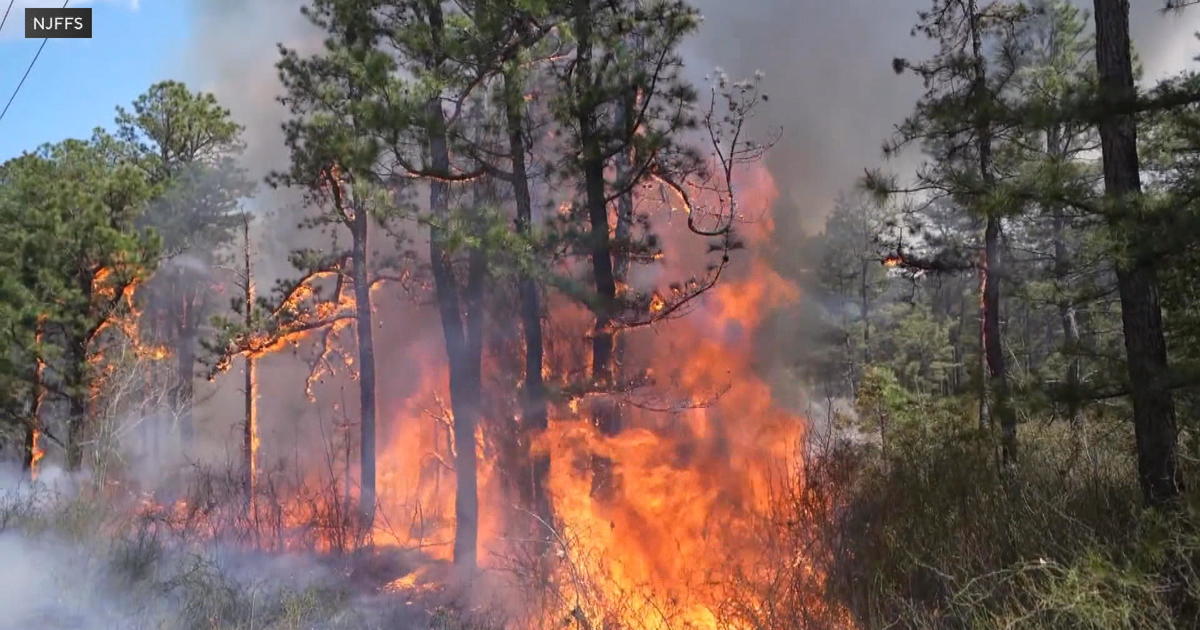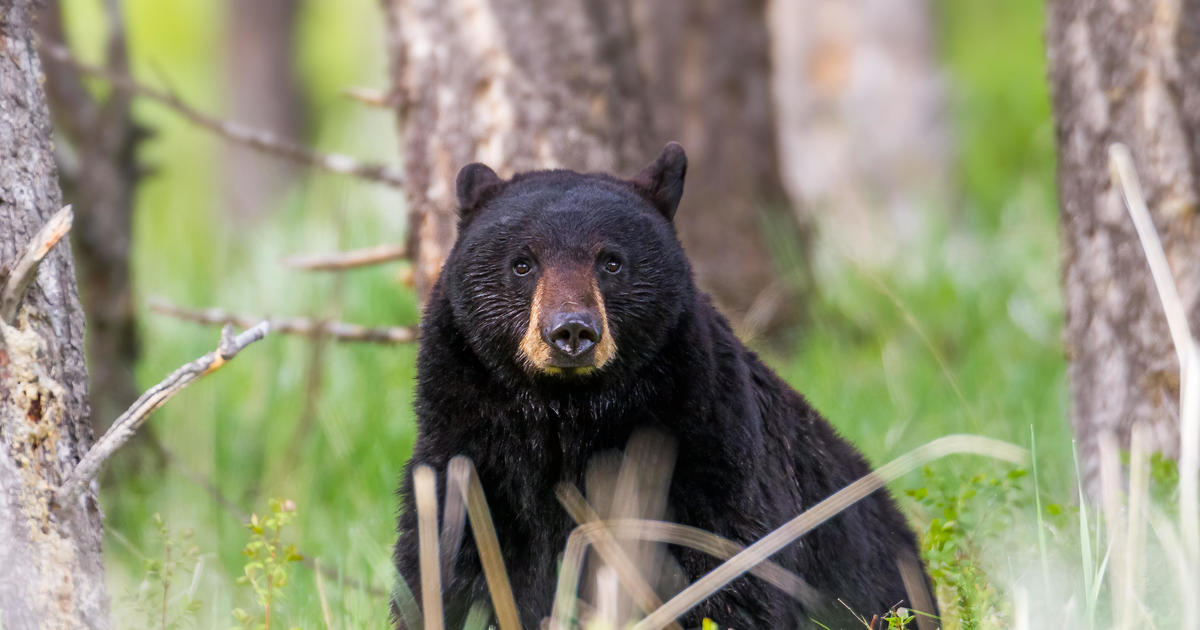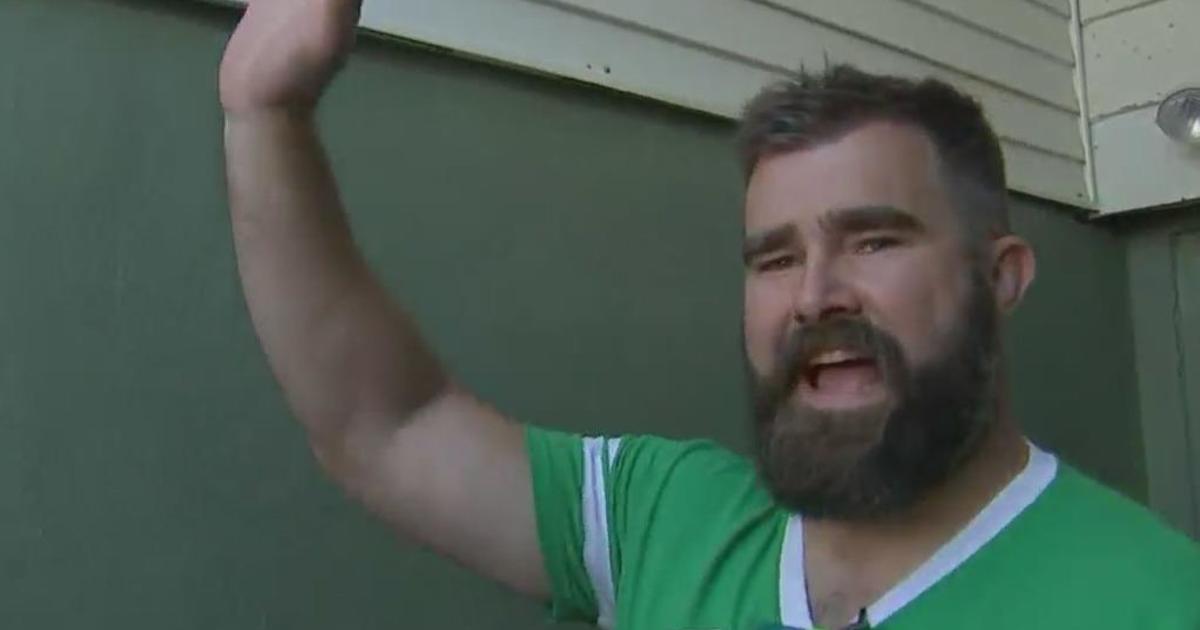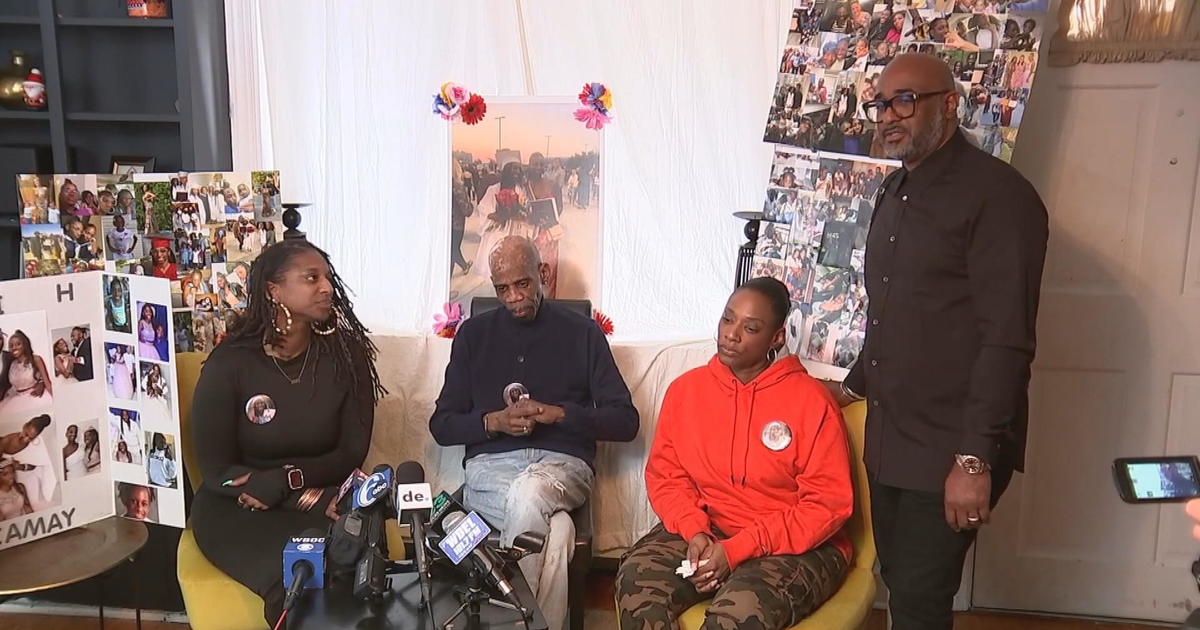Coronavirus New Jersey: COVID-19 Cases In Garden State Near 35,000, Death Toll At 846 Topping State's 9/11 Toll
TRENTON, N.J. (CBS/AP) - The positive cases of COVID-19 in New Jersey climbed over 30,000 on Saturday, Gov. Phil Murphy said. An additional 4,331 cases were announced, bringing the state total to 34,124.
There are 98 cases in Atlantic County, 469 in Burlington, 481 in Camden, 50 in Cape May, 40 in Cumberland, 215 in Gloucester, 13 in Mercer, and 56 in Ocean County.
An additional 200 deaths were also announced, among those deaths is Cape May County's first death from COVID-19.
The Cape May County Department of Health reported that a 72-year-old female from Upper Township with underlying health conditions died from COVID-19.
The death total is now 846, topping the state's 9/11 toll.
"Let me put this in a proper, yet very sobering, context. We have now lost nearly 100 more of our fellow New Jerseyeans to COVID-19 than we did in the Sept. 11 attacks," Murphy said. "Please let that sink in for a moment. This pandemic is writing one of the greatest tragedies in our state's history."
Coronavirus Latest: What You Need To Know And Staying Connected
Murphy said the state is working to expand hospital capacity by utilizing hotels and dormitories located in hot-spot areas or in close proximity to hospitals that are nearing capacity.
"This is an enormous effort to brings thousands of new beds online," Murphy said. "We're adding hospital capacity as quickly as we can. We're working with all of our hospitals to rapidly and significantly increase bed capacity. We're building-out new wings and bringing vacated buildings back online. We're building-out our field medical stations."
On Friday, the heavy toll prompted Murphy to sign an executive order lowering all flags to half-staff indefinitely.
"This is one of the greatest tragedies to ever hit our state and our nation indeed," Murphy said. "And we must have a constant and visible memorial of the tremendous personal toll COVID-19 is having on our communities."
Beginning this weekend with Palm Sunday, social distancing measures will soon interrupt Holy Week and Passover. Health officials say faith leaders need to encourage their congregations to find ways to observe their religion in isolation.
"We understand that while this may be disappointing to many who look forward to spending time with relatives and friends, it is imperative to limit face-to-face interaction," New Jersey Health Commissioner Judith Persichilli said.
Murphy says it may seem morbid, but at this point, the best way to stop the spread of COVID-19 is to treat every surface, every person as if they have the virus, including yourself.
For most people, the coronavirus causes mild or moderate symptoms, such as fever and cough that clear up in two to three weeks. For some, especially older adults and people with existing health problems, it can cause more severe illness, including pneumonia, or death.
(© Copyright 2020 CBS Broadcasting Inc. All Rights Reserved. The Associated Press contributed to this report.)



